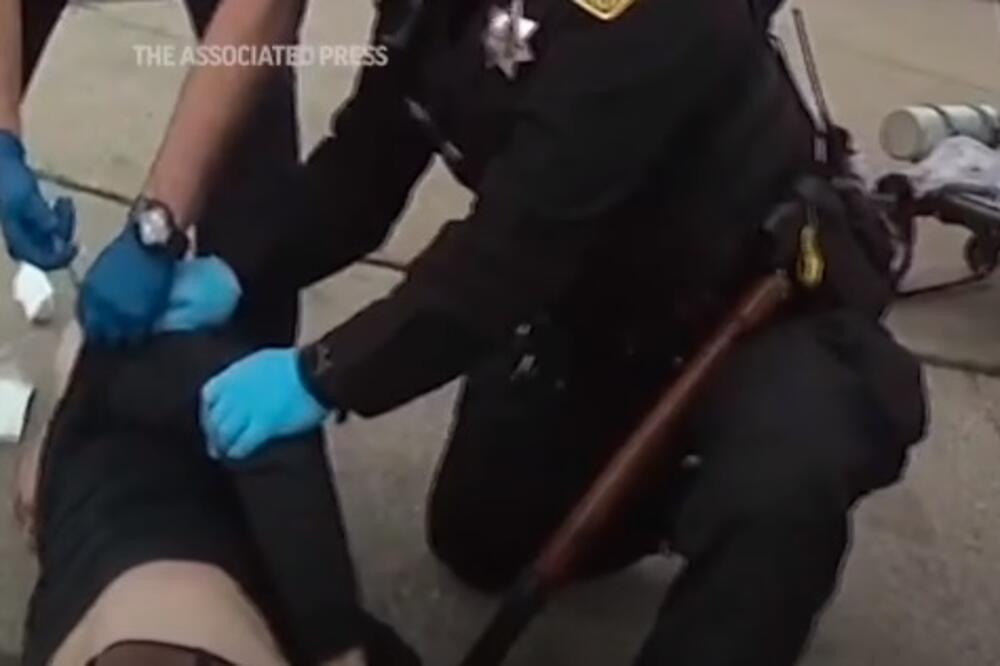A 15-year investigation into the practice of sedating people during arrests in the United States of America, based on questionable science and supported by police experts, found that the strategy, intended to reduce violence and save lives, led to many deaths could have avoided.
At least 94 people died from 2012 to 2021 after police sedated them while trying to restrain them, and about half of those who died were black, according to findings by AP in collaboration with Frontline PBS and the Howard Center for Investigative Journalism.
The main reason for so many black victims is a disputed alleged medical condition called "excited delirium". Critics say her alleged symptoms, which include "superhuman strength" and a high pain tolerance, are rooted in racist stereotypes about black people and lead to biased decisions about who should be sedated.
It was impossible to determine the role of sedatives in each of the 94 deaths because many of the cases involved the use of potentially dangerous force on people who were drugged or intoxicated and because investigations usually focus on the actions of police officers, not the medics who assist them.
While sedatives were cited as a cause or contributing factor in a dozen verdicts, authorities often did not even investigate whether sedative injections were necessary at all.
The AP found evidence of people being forcibly held on their stomachs by police, many handcuffed while officers sat on their backs, struggling to breathe and trying to break free. Calling for resisting arrest, paramedics gave them sedatives, further slowing their breathing.
Cardiac and respiratory arrest often occurred within minutes.
Paramedics injected sedatives into some who were not a threat to themselves or others, thus violating treatment guidelines. Doctors often did not know whether those forcibly sedated were taking other drugs or alcohol, although some combinations cause severe consequences.
Officers sometimes improperly encouraged paramedics to administer sedative injections to suspects they detained.
Emergency medical personnel, "if they're not careful, can simply become an extension of police handcuffs, their weapons, their batons," said Claire Zagorski, a former paramedic and addiction researcher at the University of Texas at Austin.
Critics say forced sedation should be severely limited or banned because drugs given without consent are too risky to be administered during police operations.
About half of the 94 deaths documented by the AP occurred after being given "midazolam," which has long been known to increase the risk of respiratory arrest, and others were given it.
Other cases involved injections of "ketamine", which was later found to be "not at all benign", as well as other drugs, including the antipsychotics "haloperidol" and "ziprasidone", which can cause irregular heartbeats.
The deaths of a number of African-Americans in police custody, including the 2020 killing of George Floyd, have pressured the medical community to reexamine beliefs about "excited delirium."
In 2023, a group of emergency room doctors retracted an affirmative opinion on a 2009 paper on the matter and said "excited delirium" should not be used in court testimony.
Some doctors have called the decision political and note that the group still recognizes a similar condition - "hyperactive delirium with high excitement" - which can be treated with sedatives.
However, no major medical association today recognizes "excited delirium" as an actual pathological condition.
Bonus video:




